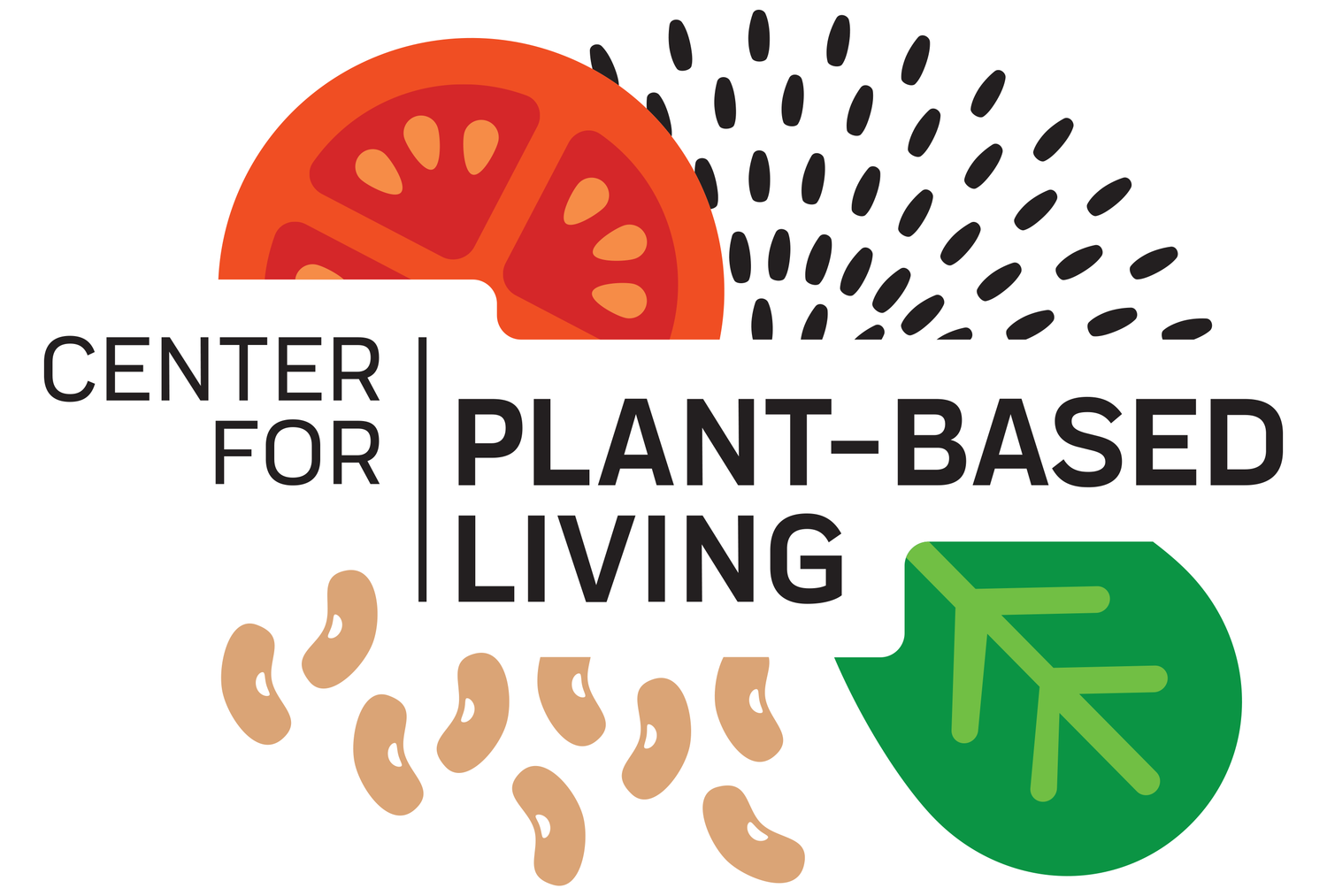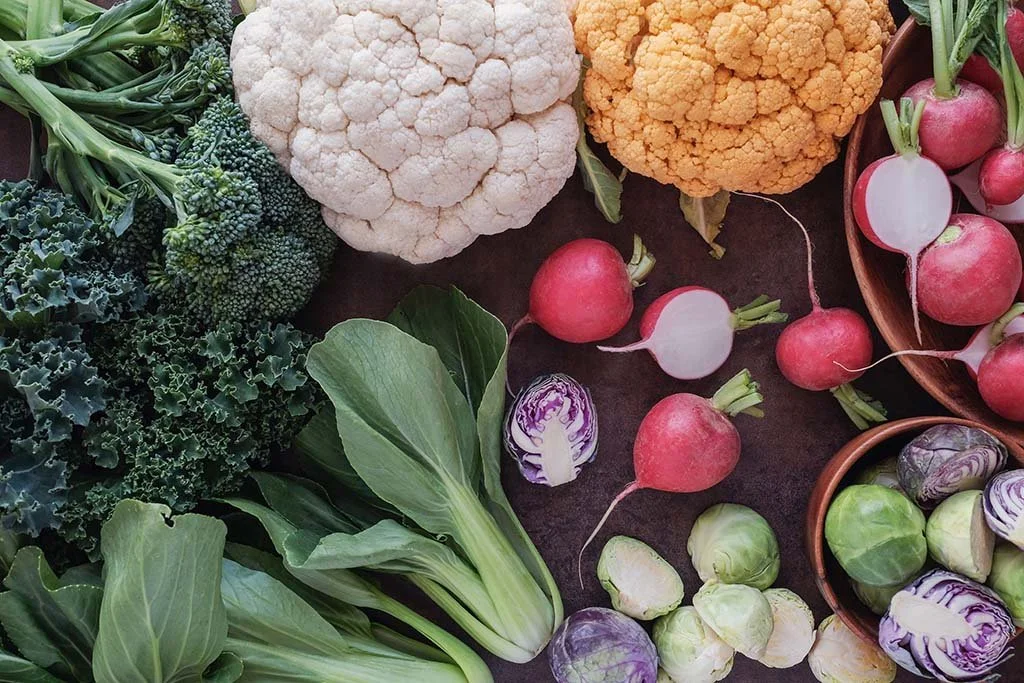THE DOC AND CHEF SHOW EP. 22: SUPER FOODS FOR BREAST CANCER PREVENTION // SUPPORTING SCIENCE AND THE RECIPE
Breast cancer is one of the most common cancers among women in the United States. According to the American Cancer Society, breast cancer accounts for about 30% of all new cancer diagnoses in women. This makes it the most commonly diagnosed cancer among American women, apart from skin cancers. It's estimated that about 1 in 8 U.S. women (approximately 13%) will develop invasive breast cancer over the course of her lifetime.[1]
WHAT ARE THE RISK FACTORS FOR BREAST CANCER?
Breast cancer is a complex disease influenced by various risk factors, including both non-modifiable and modifiable factors. Understanding these risk factors can help individuals make informed decisions about their health and consider preventive measures. Here are some common risk factors for breast cancer[2]:
Non-Modifiable Risk Factors:
1. Gender: Being female is the most significant risk factor for breast cancer. Although men can develop breast cancer, it is about 100 times more common in women.
2. Age: The risk of breast cancer increases with age. Most breast cancers occur in women over the age of 50, with the majority of cases diagnosed in postmenopausal women.
3. Family History and Genetics: A family history of breast cancer, especially if it involves first-degree relatives (mother, sister, daughter), can increase the risk. Inherited gene mutations, such as BRCA1 and BRCA2, significantly raise the risk of breast cancer.
4. Personal History of Breast Cancer: If an individual has had breast cancer in one breast, they are at an increased risk of developing cancer in the other breast or experiencing a recurrence.
5. Certain Gene Mutations: In addition to BRCA1 and BRCA2, mutations in other genes, such as TP53, PTEN, and PALB2, can increase the risk of breast cancer.
6. Radiation Exposure: Exposure to ionizing radiation, especially at a young age, increases the risk of breast cancer. This can include radiation therapy for other cancers or exposure from environmental sources.
7. Menstrual and Reproductive Factors: Women who started menstruating at an early age (before age 12), had their first child after age 30, or went through menopause after age 55 may have a slightly higher risk of breast cancer.
Modifiable Risk Factors:
1. Hormone Replacement Therapy (HRT): Long-term use of combined estrogen and progestin hormone replacement therapy for menopausal symptoms has been associated with an increased risk of breast cancer. However, the risk decreases after discontinuing HRT.
2. Oral Contraceptives: Some studies have suggested a slightly increased risk of breast cancer in women who use oral contraceptives, but the risk appears to diminish after discontinuation.
3. Alcohol Consumption: Drinking alcohol, even in moderate amounts, has been linked to an increased risk of breast cancer. The risk is higher with higher alcohol consumption.
4. Obesity: Postmenopausal women who are overweight or obese have an increased risk of breast cancer, possibly due to higher estrogen levels produced by fat tissue.
5. Physical Inactivity: Lack of regular physical activity is associated with an increased risk of breast cancer.
6. Breast Density: Women with dense breast tissue, as identified through mammograms, may have a slightly higher risk of breast cancer.
7. Diet: A diet high in saturated fats and low in fruits and vegetables may contribute to an increased risk of breast cancer. However, the relationship between diet and breast cancer risk is complex and not fully understood.
WHAT ROLE DOES DIET PLAY?
The relationship between diet and breast cancer is complex and not fully understood, but research has identified some foods and dietary patterns that may be associated with an increased risk of breast cancer. Here are some dietary factors that have been studied in relation to breast cancer risk:
1. High-Fat Diets: Consuming diets high in saturated and trans fats may increase the risk of breast cancer. High-fat diets can lead to obesity, which is a known risk factor for breast cancer.[3]
2. Red and Processed Meats: A diet high in red meat (e.g., beef, pork, lamb) and processed meats (e.g., bacon, sausages, hot dogs) has been associated with a slightly increased risk of breast cancer. Processed meats, in particular, contain additives and preservatives that may contribute to cancer risk.[4]
3. Alcohol: Drinking alcohol, even in moderate amounts, has been linked to an increased risk of breast cancer. The risk appears to be dose-dependent, meaning that higher alcohol consumption is associated with a greater risk.[5]
4. Sugary Beverages and High Sugar Intake: Consuming sugary beverages and a diet high in added sugars may be associated with an increased risk of breast cancer, possibly due to their role in promoting obesity.[6]
5. Low-Fiber Diets: Diets low in fiber, which are often lacking in fruits, vegetables, and whole grains, may be linked to a higher risk of breast cancer.[7]
Additionally, some foods and dietary components may have protective effects against breast cancer. These include:
1. Fruits and Vegetables: A diet rich in a variety of fruits and vegetables, which are high in antioxidants and phytochemicals, may have a protective effect against breast cancer. These include:
Cruciferous vegetables[8]
Leafy green vegetables[9]
Allium vegetables[10]
Citrus fruits[11]
Berries[12]
Peaches, apples, pears, and grapes[2]
Beans[13]
2. Fiber: A high-fiber diet, primarily from whole grains, may help reduce the risk of breast cancer.[14]
3. Healthy Fats: Consuming healthy fats from sources like nuts and seeds may be associated with a lower risk of breast cancer.[15]
4. Soy Consumption: Studies have shown that a high dietary intake of soy foods may significantly reduce breast cancer risk.[16]
However, remember that the relationship between diet and breast cancer is not straightforward, and individual factors like genetics, hormonal status, and overall lifestyle play significant roles.
SUMMARY
It is important to note that having one or more risk factors does not guarantee the development of breast cancer, and many individuals with breast cancer have no identifiable risk factors. Regular breast cancer screening, such as mammograms and clinical breast exams, can help with early detection and improve treatment outcomes. Additionally, lifestyle modifications, such as maintaining a healthy weight, staying physically active, limiting or eliminating alcohol consumption, and avoiding tobacco, can help reduce breast cancer risk. Women with a strong family history or known genetic mutations associated with breast cancer should consider genetic counseling and testing and may have additional preventive options available to them.
[1] https://www.cancer.org/cancer/types/breast-cancer/about/how-common-is-breast-cancer.html
[2] Am J Epidemiol. 2016 Dec 15;184(12):884-893
[3] Cureus. 2022 Dec 8;14(12):e32309.
[4]Int J Cancer. 2018 Dec 1;143(11):2787-2799
[5] Women’s Health (Lond). 2015 Jan;11(1):65-77.
[6] Cancers (Basel). 2022 Dec 8;14(24):6042
[7] Cancer. 2020 Jul 1;126(13):3061-3075.
[8] Curr Dev Nutr. 2017 Jul 18;1(8):e000448
[9] JNCI: Journal of the National Cancer Institute, Volume 104, Issue 24, 19 December 2012, Pages 1905–1916
[10] Nutr Cancer. 2020;72(5):791-800
[11] Breast Cancer. 2013 Mar;16(1):72-76
[12] Breast Cancer Res Treat. 2013 Apr;138(3):925-30.
[13] Cancer Med. 2018 May;7(5):2131-2144.
[14] J Am Coll Nutr. 2016;35(2):143-9
[15] Gynecol Obstet Invest. 2015;80(2):89-92.
[16] Clin Nutr. 2019 Feb;38(1):136-145
Chef combined these two recipes to create a Broccoli Sprout and Sauteed Mushroom Tartine for this episode’s recipe. Both mushrooms and broccoli sprouts are significant breast cancer fighters! Tartine is a fun word to say, it’s really just fancy for toast!
Spread some of the pesto on a piece of whole grain toast and top with sauteed mushrooms.
Broccoli Sprout & walnut pesto
garlic & herb button mushrooms
🥦 Do you know about our STREAMING PLUS membership?
Our membership is built like a streaming service - you get a full library of plant-based cooking classes to watch whenever you want. PLUS, you gain access to upcoming interactive virtual cooking classes and a monthly accountability group call.
As a member you get:
Complete library of all past virtual classes - stream them whenever you’d like!
Free access to upcoming virtual classes
Library of easy and quick recipes: 100 and growing
Access to private Facebook group
Monthly accountability check-in and support group Zoom call with Caryn
Quarterly “Ask the Doc” call with Dr. Jim Loomis, our Medical Director
A community of support
To learn more, please visit us here.




